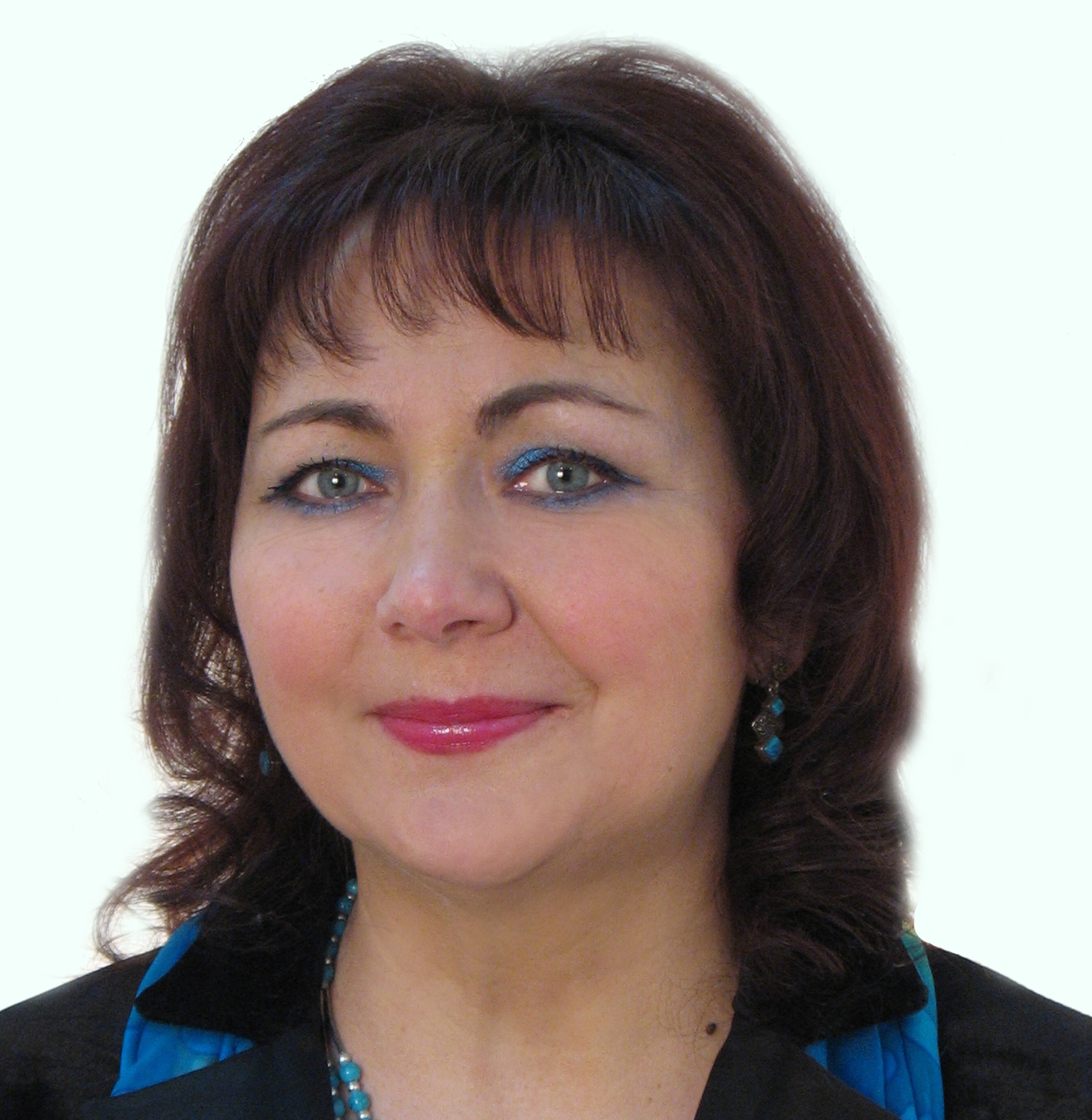The purpose of the article is to study the loss of Old Believer traditions during the process of settlement and consolidation with the local population. For the first time, a special historical and ethnographic study of the Old Belief culture of the Mordovians in the Ufa Province (now Bashkortostan) was carried out using the example of one village. The main sources were the author’s field materials collected from contemporaries, who were Old Believers and Orthodox Christians in the village of Sadovka in 2023. It is shown that society has long maintained a negative attitude towards the Old Believers, and they have lacked rights (the story of an Old Believer horse thief who was unpunishedly killed because of his religious identity). Successful farming is associated with the development of natural resources, such as houses, stoves, and floors built from local clay, building trade and market relations with neighboring villages, enormous hard work and ingenuity (the story of an Old Believer, whose horses were taken away by the collective farm every time, and he finally acquired a donkey). The focus on concluding marriages with consent of the Old Believers, the Spasovites living in the Fedorovsky region, was preserved in the 1970s. However, this has become impossible due to the narrowing of family ties and a sharp decrease in the number of Old Believers. Attitudes of young people towards marriages with Orthodox Christians also changed. In mixed families, children became Orthodox, and Old Believer traditions were lost. The traditionalism of the Old Believers contributed to the fact that, in their calendar-ritual culture, they became guardians of the traditions formed on their historical homeland. These traditions included customs such as the birch tree during Farewell to Spring, the singing of prayer songs by the entire village to address the goddesses of nature). They are the main organizers of folk holidays and rituals, as well as performers of Mordovian and Russian folk songs and instrumental folklore, that have been lost in other regions of Russia.
Key words: Mordovians-Erzya, Old Believers, Old Believers-Spassovtsy, family and calendar rituals, prayer songs, ritual space
DOI: 10.22250/2072-8662-2024-4-107-113
About the author
 |
Farida G. Galieva – Doctor of Philology, Candidate of History, Chief Research Associate, R.G. Kuzeev Institute for Ethnological Studies – Subdivision of the Ufa Federal Research Centre RAS; 6 Karla Marksa st., Ufa, 450077, Russia; This email address is being protected from spambots. You need JavaScript enabled to view it. |






